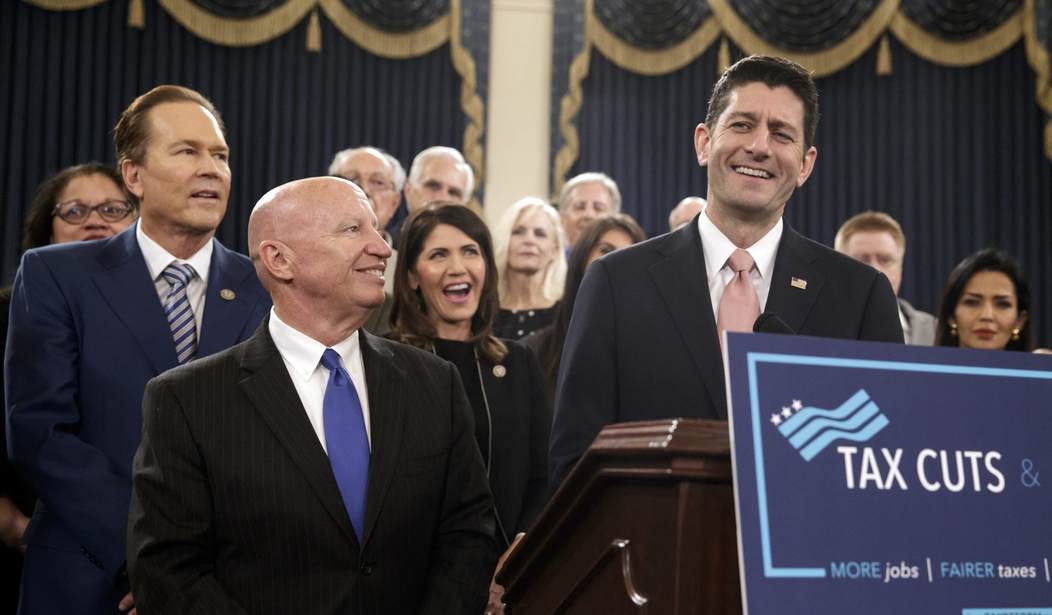WASHINGTON — The Congressional Budget Office projected ballooning deficits over the next several years, without figuring in the potential economic impact from steep tariffs on certain markets proposed by the White House.
The report projects economic growth to slow after 2019, with projected deficits increasing “markedly” since the CBO’s last report in June 2017.
At a news conference Monday, CBO Director Keith Hall said the increase “stems primarily from taxes and spending legislation enacted since then, especially the 2017 Tax Act, the Bipartisan Budget Act of 2018 and the Consolidated Appropriations Act of 2018.”
“In our economic projections, which underlie our budget projections, inflation-adjusted GDP, or real GDP, expands by 3.3 percent this year and by 2.4 percent in 2019. Most of this growth is driven by consumer spending and business investment, but federal spending also contributes a significant amount this year,” Hall said.
“The growth of real GDP exceeds the growth of real potential GDP over the next two years. This marks a cyclical path in real GDP will occur, in large part, because recent legislation provides significant fiscal stimulus at a time when there is very little slack in the economy,” he added. “Those effects, as well as a larger federal budget deficit resulting from the new outliers, exert upward pressure on interest rates and prices.”
Hall noted that “potential output is projected to grow more slowly than it did earlier in the decades, held down by slower growth of labor force, which results partially from the ongoing retirement of Baby Boomers.”
“Turning to the budget projections, we estimate that the 2018 deficit will total $804 billion, $139 billion more than the $665 billion shortfall recorded in 2017. In our projections, budget deficits continue increasing after 2018. As deficits accumulate, debt held by the public rises from 78 percent of GDP, or $16 trillion at the end of 2018 to 96 percent of GDP, or $29 trillion by 2018. That percentage will be the largest since 1946, and well more than twice the average over the past five decades,” he said.
The annual deficit is on pace to exceed $1 trillion by 2020. On the Senate floor, Minority Leader Chuck Schumer (D-N.Y.) said the report is “a reminder of how unserious the current Republican Party is about deficits.”
“Now that those tax cuts are in place, I predict that deficits will once again morph into a dire problem — a scourge upon the nation — an excuse for Republicans to target Medicare, Medicaid, and Social Security for cuts,” Schumer said. “That’s been the playbook since the Bush era.”
House Budget Committee Chairman Steve Womack (R-Ark.) said that the report “sheds light on our nation’s current fiscal challenges and guides us in mapping out a sustainable path for the future.”
“Without question, we have challenging work ahead,” Womack said in a statement Monday. “It is particularly sobering that mandatory spending continues to grow at such an unsustainable pace, making it even more difficult to achieve balance. I look forward to discussing CBO’s findings with Dr. Keith Hall later this week and working with my colleagues in the days ahead to craft a responsible budget plan.”
Sen. Bernie Sanders (I-Vt.) declared that the report meant “we have got to repeal all of President Trump’s tax breaks for the wealthy and big corporations and rebuild the disappearing middle class.”









Join the conversation as a VIP Member